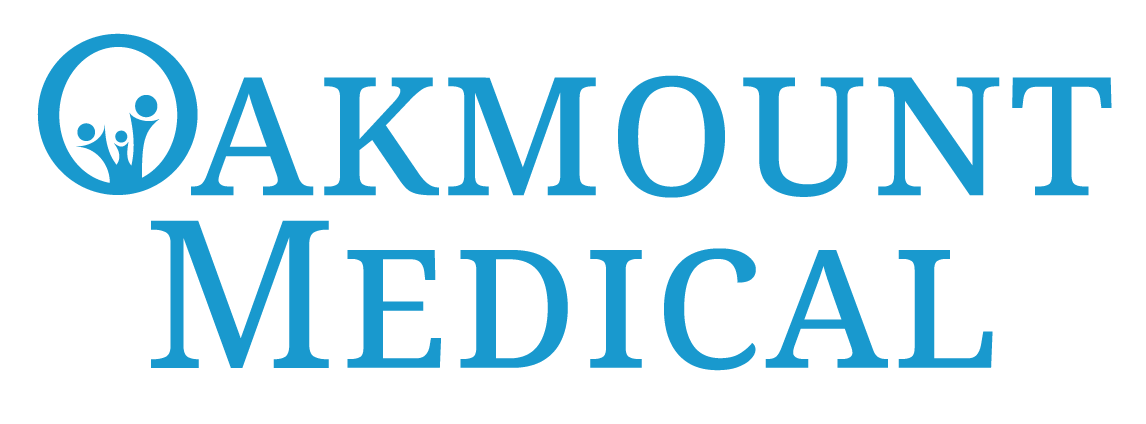Cough, cold, flu, and COVID19
This page is for adults only. For babies and children, please click here.
General information:
For most people, the symptoms of COVID-19, a cold, or the flu are very similar. Patients may experience fever, headache, a sore throat, persistent coughing, production of phlegm, and nasal congestion. For most people, symptoms are worse at around day 3-5, and resolve within 2 weeks. For some patients, symptoms make take longer to resolve.
How to Manage Symptoms at Home:
Patients who are typically healthy and do not have other medical conditions do not need to see doctor when they have symptoms of cough, cold, flu, fever or COVID 19. Helpful home and over-the-counter remedies that don’t require a prescription include:
- Take Acetaminophen (e.g. Tylenol) or Ibuprofen (e.g. Advil) regularly for fever, pain, and sore throat
- Drink lots of water to stay hydrated
- Cough drops/candies (e.g. Cepacol) and cough syrups (Nyquil, Benylin) may be helpful to reduce sore throat and help with sleep. Be careful to read and follow the label. Some over-the counter cough medications contain acetaminophen as well, and the maximum dose per day of acetaminophen is 4000mg/day. Cough and cold medications should not be given to children under 6 years old.
- Over the counter medications containing Guaifenesin (for example, Mucinex) can reduce airway secretions.
- A Netty pot or Netty-rinse (warm salt water) can be purchased at the pharmacy to help flush your nose and remove secretions and relieve congestion.
- Carbonated water or soda water and lemon/honey water may be helpful to sooth sore throat
- Rest and sleep
- Most people with cough/cold/flu/COVID19 feel worse at day 3-5, and take about 2 weeks for symptoms to go away.
When to book a telephone appointment with your Family Doctor:
- If your symptoms continue to get worse and do not improve. Most peoples’ symptoms are worse at ~day 3-5, and get better from there.
- If you have mild-moderate symptoms and have tested positive for COVID19, you may benefit from treatment with Paxlovid (an anti-viral medication), to reduce the severity of symptoms and reduce the risk of hospitalization. Please click here to see if you qualify for treatment with Paxlovid. If you believe you need a prescription, please book an appointment with your family doctor.
- If you take medications for diabetes or high blood pressure, or if you have chronic kidney disease, you may need to stop taking your medications temporarily if you are not eating or drinking as much as when you were not sick. Please see your family doctor for details.
- If you have asthma or COPD, you may benefit from certain prescription medications.
- If you wish to see your family doctor, we ask you to book a telephone appointment instead of an in office appointment to avoid getting other patients sick. After your assessment over the phone, your doctor may ask you to come in office or go to the hospital, if needed.
When to go to the Hospital:
- If you are unable to eat or drink
- If the amount of urine you are producing is significantly decreased
- If you are unable to defecate or pass gas for more than 2 days
- If you have chest pain, are unable to breathe, or feel like you are experiencing a medical emergency
How to prevent yourself from getting sick:
- Get vaccinated for COVID19
- Get vaccinated for influenza every year
- Remember to wash your hands before eating, after using the washroom, and after contact with others in public
- Avoid contact with others if they are sick
- Wear a mask when necessary in crowded public places
- STAY HEALTHY!
- Exercise regularly (~50 minutes of moderately vigorous physical activity 3 times a week)
- Maintain a normal weight (BMI between 18.5-25, see the BMI calculator on this page)
- Eat a diet high in fruits and vegetables (Canada Food Guide)
